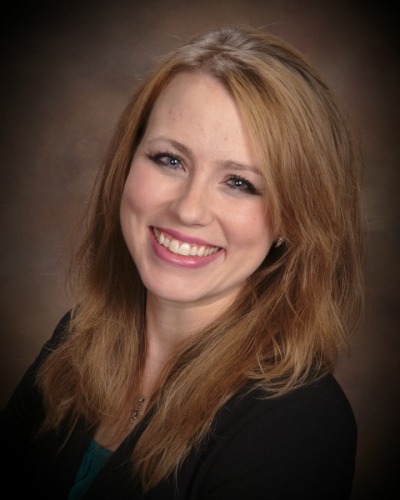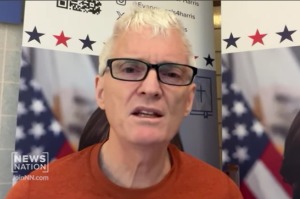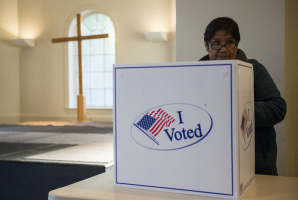Sorry, Working Moms Actually Don't 'Do It All'

The viral video of Professor Robert Kelly and his family has produced quite the range of opinions from armchair commentators. Some have been hilarious, others rather wise, and plenty uncalled for. Yet one common refrain being recycled should be put to bed once and for all.
A parody video (and yes, I realize it's a joke) was produced by the BBC, demonstrating how a mom might have responded were she in Professor Kelly's position. One community leader posted this video on Facebook, commenting, "Working moms do it all!"
Sigh. Can we stop, please, with the idea that any one type of person is "doing it all"? Why is this a standard we set up for ourselves and others? Working moms do not "do it all" because they are not, in fact, there to do it all.
While there are obviously exceptions, most working moms do not also take on the lion's share of educating their children — they send them to school for a teacher to do that. Most working moms do not drive home every 72.5 minutes to change a diaper, wipe a runny nose, or bandage a scraped knee. They do not "do it all" because it's humanly impossible.
By considering it a compliment to say that someone "does it all," the logical conclusion is that we consider it a criticism if someone does not "do it all." What kind of standard are we setting here?
And honestly, we would consider it rather silly to say that a homeschooling mom "does it all" if we were talking about the corporate world. Stay-at-home moms cannot in fact, "do it all" because, while there are exceptions here, too, they're by and large not in the boardroom making policy or answering the phones at the office. This isn't a criticism of these mothers' lack of influence on the business world. It's a fact of life; a result of their conscious choices.
Moreover, when was the last time you heard someone say that a working dad "does it all"? This catchphrase never seems to extend to men — even the best of men who work diligently all day and come straight home to play and read with their children. Why does our society tend to ignore the hard-working man's contribution to "doing it all"?
I submit that no one person can "do it all." I personally do volunteer work at my State Capitol, work part-time from home, and homeschool my children. I do not volunteer at a food bank, answer a human trafficking hotline, or rescue people as an EMT. I do not, actually, "do it all." I cannot, and I should not. I make particular life choices that I hope honor God and are best for my family. But I can hardly claim to "do it all," and no one should set that standard up for me to meet.
On the days that I go to the Capitol, I do not also take my children to the park. It would be physically impossible. I made a choice for that day, and thankfully, my children have amazing grandparents and a wonderful father who also care for them. Together, yes, we may "do it all," but not singularly, not alone.
And this, I believe, is my biggest criticism of the idea that someone — anyone — is able to "do it all." Other than the fact that this is an unachievable standard, that it tends to obfuscate personal responsibility for our life choices, and that it sets men's contributions to the side, it also ignores the reality that we all need other humans.
God created us to be in community — with our family, with our friends, with other Christians. I am not an island unto myself, and neither my children's entire future nor the fate of the world at large rests on my shoulders. I have a duty to make choices that honor God, as I seek Him, and I have a duty to serve my family to the best of my ability and to be active in this world, changing and influencing it for Christ. But "doing it all" is not a task that was ever given to me by my Creator.
It's time we stopped setting up this impossible standard or letting others measure us by it. Instead of running on the hamster wheel of "doing it all," let's set a new standard: Have I been faithful in my responsibilities? In the end, that's a question whose answer rests between me and God. Thankfully, I serve a God who asks me to be faithful, but who also assures me of His constant love simply based on who I am, not on what I do.




























